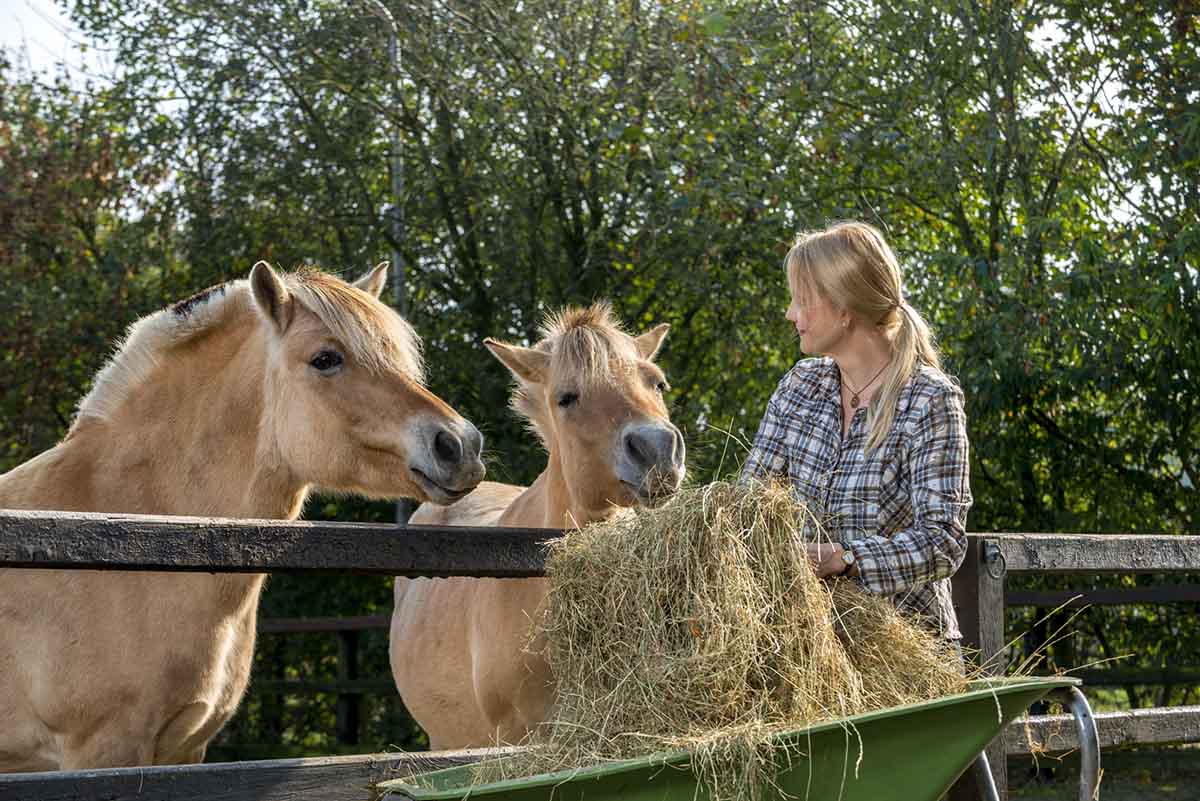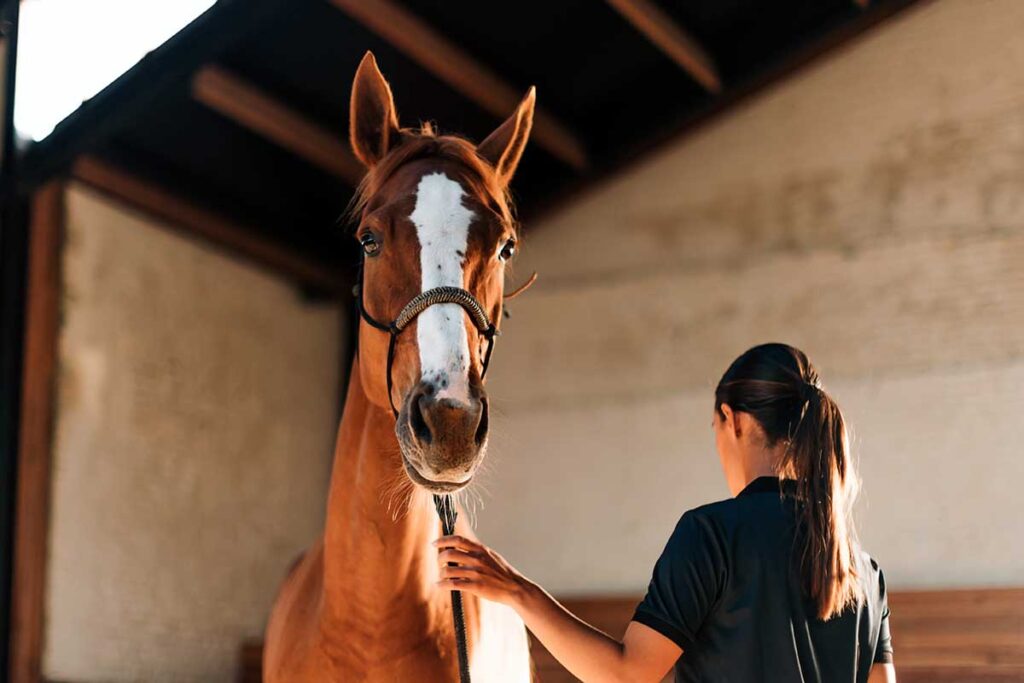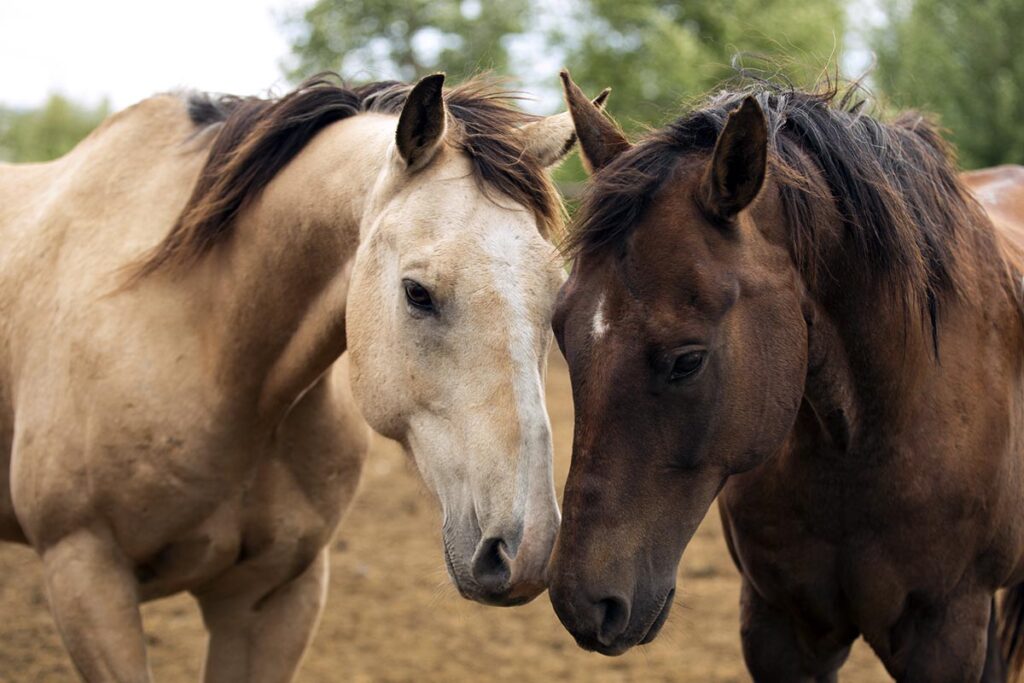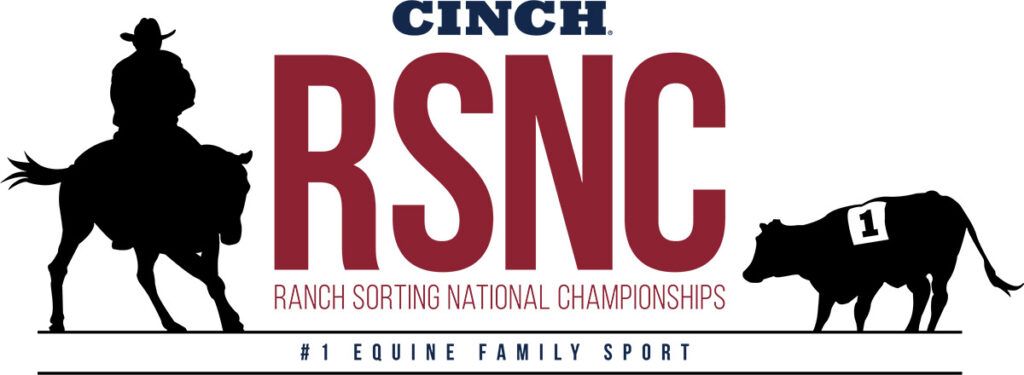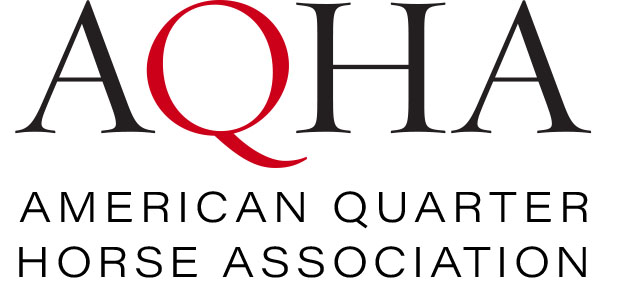What do you feed a new horse? Like people, individual horses have different nutritional needs, but some simple rules of thumb apply to all of them. We’ll take you through the basics with this easy-to-follow guide.
How Evolution Shaped Horses’ Unique Nutritional Needs
An understanding of equine evolution can help you wrap your head around best feeding practices for horses. The horse is a grazing animal that evolved to eat fiber with a high water content (grass) continuously for about 18 hours a day. To make our lives easier, humans often instead feed a low water content fiber (hay) in larger quantities that horses eat over a shorter period. That, in combination with a greatly reduced amount of exercise compared to life in the wild (the average domestic horse is relatively stallbound these days) and the addition of more rapidly digested/fermented grain products, has the potential to “overwhelm” the horse’s gastrointestinal system.
Although grain products might be necessary to make up for the loss of nutrient value in the grasses (the process of making hay decreases the nutrient value of the grass), especially for horses that are working hard and need the extra calories, remember that the horse’s intestine evolved to handle fiber, not grain products. An all-forage diet (hay and/or pasture) can meet the nutritional needs of most adult horses that are working lightly or not at all, provided the hay/pasture is of good quality. Depending on where you live, your horse might need a vitamin/mineral supplement, but many horses do not need grain unless they are in consistent work. The average, middle-aged horse in light work has a daily energy requirement of approximately 18,000 calories.
How Much Should You Feed Your Horse?

Horses should be fed according to their weight, with feed adjusted based on subsequent changes in weight. If you don’t have access to a scale, you can use a weight tape or body measurements to get a fairly accurate estimate of your horse’s weight. The average adult horse in light work should consume around 2-2.5% of its body weight in fiber per day. This also requires having a small scale to weigh hay and grain—coffee cans are not reliable substitutes, as they measure only volume!
If you have an average-sized 1,000-pound horse, start by feeding 25 pounds (2.5% of 1,000 pounds) of hay per day split into three or four feedings (Fact: The horse’s digestive system handles small, frequent meals better than fewer large ones). If your horse needs grain, the next rule of thumb is that 10% of the amount of fiber, 2.5 pounds in this example, can replace that part of the fiber. So, this horse can start at 22.5 pounds of hay and 2.5 pounds of grain per day. These amounts will obviously vary with the individual horse and the quality (nutrient content) of his hay and grain.
To be absolutely certain of the nutrients your horse is eating, you can have the hay and grain analyzed (see your veterinarian or a feed consultant) and have your horse’s diet specifically calculated based on the analysis. This can be especially important for horses with metabolic problems such as Cushing’s disease or insulin dysregulation. Not all forages (pasture grass and hay) are created equal; they can vary widely in terms of calories provided and vitamin/mineral content. Some forages might simply be too rich for metabolically challenged horses, while those that have trouble keeping weight on might require them.
One of the main points to remember is to make any changes in feed routine slowly to reduce your horse’s risk of colic. If you are in a situation that requires changing feed, mix the old with the new to allow a transition. Also, if you travel with your horse, it is always a good idea to bring some of your own feed and hay along.
Related Reading: How Much Does My Horse Need to Eat?
Watch: How To Measure Your Horse’s Feed and Hay
Horses’ Water Requirements

Horses need up to one gallon per 100 pounds of body weight of clean, fresh water daily—that’s around 10 gallons for a typical 1,000-pound horse. But if he’s working hard in the heat, he might need significantly more. Keep a frequently cleaned source of fresh water available to your horse whenever he’s not being exercised, as low water intake can contribute to colic. Natural water sources such as streams and ponds generally should be fenced off, as they are more likely to be contaminated with potentially toxic chemicals, algae, or microorganisms.
You can safely provide your horse water in buckets, troughs, or automatic waterers. Buckets and troughs allow you to see how much your horse is drinking but require manual refilling. By contrast, automatic waterers take care of your horse’s water needs for you, but most can’t tell you if he’s drinking more or less, which can be important information for you to know if he’s ill. Also, if your waterer line becomes damaged, the stall/watering area can flood very quickly with a constant water supply.
Electrolyte supplementation might be useful for horses working for long periods and sweating very hard or traveling long distances in the heat.
Minerals and Vitamins for a Balanced Diet
Most horses’ vitamin and mineral needs are supplied by good-quality forage and a mineralized salt block. Horses need several vitamins and minerals to stay healthy, but too much or too little of certain ones can be harmful. As mentioned, you can have your horse’s forage and any grains analyzed in a laboratory to see if he really needs supplements.
Feeding Overweight/Underweight Horses
Probably the most common nutrition-related condition in domestic horses is obesity, either as a result of too much feed, not enough exercise, or both. Obesity can contribute to lameness, metabolic problems, laminitis, and other health issues, but you can usually prevent and treat it simply with increased exercise, reduced turnout on rich pasture (or using grazing muzzles to reduce intake while on pasture), and/or smaller meal portions.
The opposite situation is less common—that of the skinny horse that won’t maintain weight despite what seems to be mountains of food. Before simply throwing more feed at a thin horse, have your veterinarian check to make sure a health problem isn’t causing his weight loss. Dental problems, internal parasites (worms), and several diseases can cause weight loss. If no health problems exist, a variety of higher-energy feeds can help the horse maintain or gain weight, including grains, fats such as oils, and higher-quality forages.
How do you know if your horse is too fat (or thin)? Learn to use weight tapes and estimate his body condition score, and adjust his diet based on those figures.
Take-Home Message
Discuss your horse’s diet and any supplements with your veterinarian or an equine nutritionist, who can give you a solid recommendation for your feeding program based on your situation.

